This blog is directed toward anyone that has a high IQ or works with others that have a high IQ and when it comes to people, you (or they) don't do very smart things.
I work with a lot of smart people! When I say smart, I am specifically talking about those with a high IQ. I don't have a low IQ, but I'm not super smart either. I quickly gave up my dream of being a veterinarian when I had my first whack at organic chemistry and calculus. I simply do not possess the kind of smarts that can get me through challenging math and science classes. On the other hand, I seem to have been gifted with fairly high Emotional Intelligence (EI) , and continue to develop it as I mature (nice way of saying I'm getting old). In order to be a successful coach, facilitator, and teacher, I must be able to perceive and manage a range of emotions. It starts with me and my awareness of my own emotions - the effect they have on myself and on others. I need to understand what situations spark which emotions. I must be aware of when I avoid or overindulge my various emotions, AND it's critical for me to know how I communicate when I am feeling strong emotions myself or reacting to the emotions of others.
What I have just described is a very simplistic view of Emotional Intelligence.
I am fortunate in that I have several clients in healthcare. I work with teams of practitioners (physicians, nurses, therapists) - people in management roles as well as individual contributors. Typically, these are individuals that have done very well in situations throughout their lives where a high IQ was a requirement, or at least a benefit. What am I discovering after 10 years of working in these environments is that quite often really smart people find themselves in difficult or challenging people situations; these are situations where you cannot have an IQ high enough to logic or analyze or problem solve your way out of the messy people stuff. The individuals that are most successful are those that have a good balance of IQ and EI. As Einstein said, "No bird can fly with just one wing." People, who are in emotional situations, need a different approach - one that doesn't come from the same place in your brain that houses analytical thinking. What are examples of these situations?
Fear (job change, shrinking business, new boss, change)
Anger (insert anything here that ticks you off at work - or at home, since there are not emotional fences between work and home stuff)
Sadness (loss, illness, poor performance)
Anxiety (new situations, new skills required, change)
Apathy (yes, lack of emotion is an emotion)
Excitement (new opportunity, promotion, challenging work)
Frustration (insert almost anything here ... lack of control)
Irritation (conflict with a co-worker or boss or customer or patient)
These are all situations that require you (us) to draw upon another type of intelligence. This isn't just for work situations either. Emotions are a critical part of all of our lives. Choosing to ignore emotion in yourself or others isn't healthy. Wallowing in emotions is not a healthy choice either. The goal is to recognize that emotions are another source of intelligence and one we need to develop. GREAT NEWS! IQ maxes out at about 14-16 years of age, EI can continue to increase as long as we are breathing and willing to work at it .
Let me close with an intriguing bit from my favorite EI book. "The brain stores different aspects of an experience in different areas - sights and sounds in one zone, smells in another and so on. The amygdala is the site where the emotions that an experience evokes are stored. Every experience that we have an emotional reaction to, no matter how subtle, seems to be encoded in the amygdala. As the repository for everything we feel about what we experience the amygdala constantly signals us with this information. The amygdala's related circuitry, particularly nerve pathways, run into the viscera. We can have a somatic (bodily) response - literally, a "gut feeling" - to the choices we face. The more life experiences we have, the more data feeding our "gut feeling."
What does that mean for you and I?
Don't ignore your gut! We may not be able to put our logical finger on why we are feeling one way or another, but it's tied to a prior emotional experience and contains valuable input for our decisions.
PQ (Powerful question): When are you emotionally smart (about yourself and/or others)?


